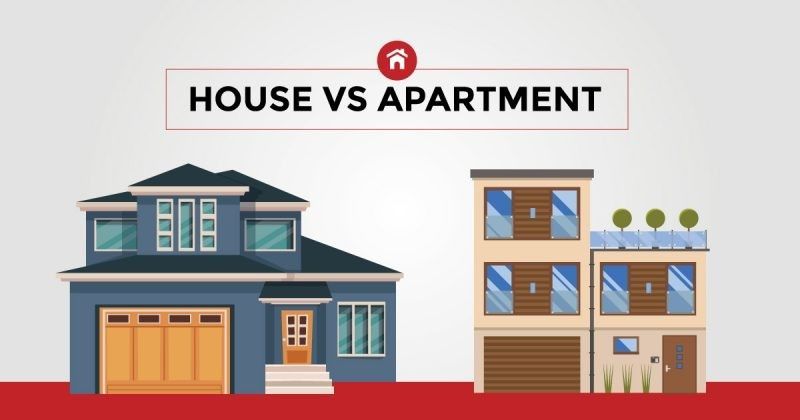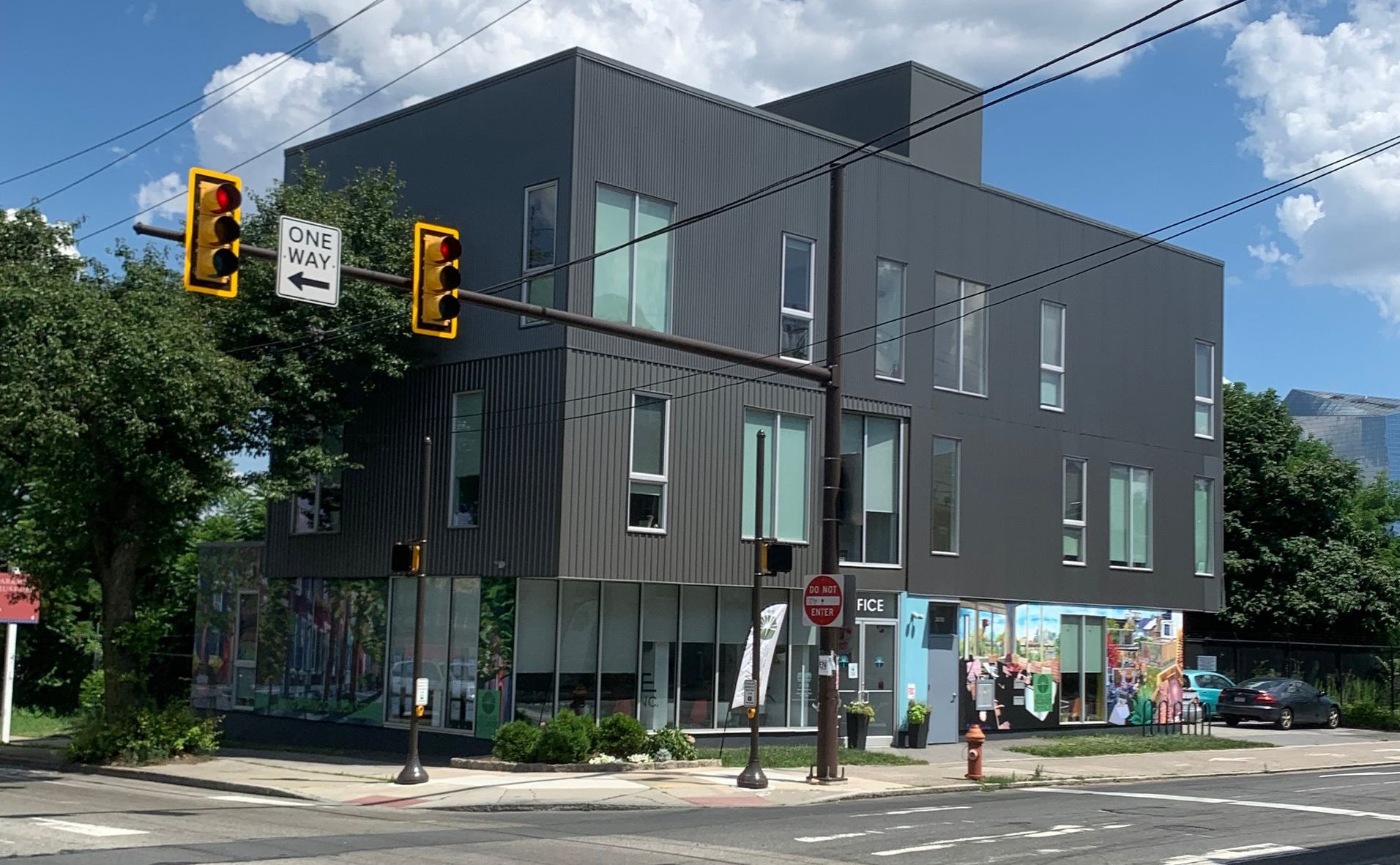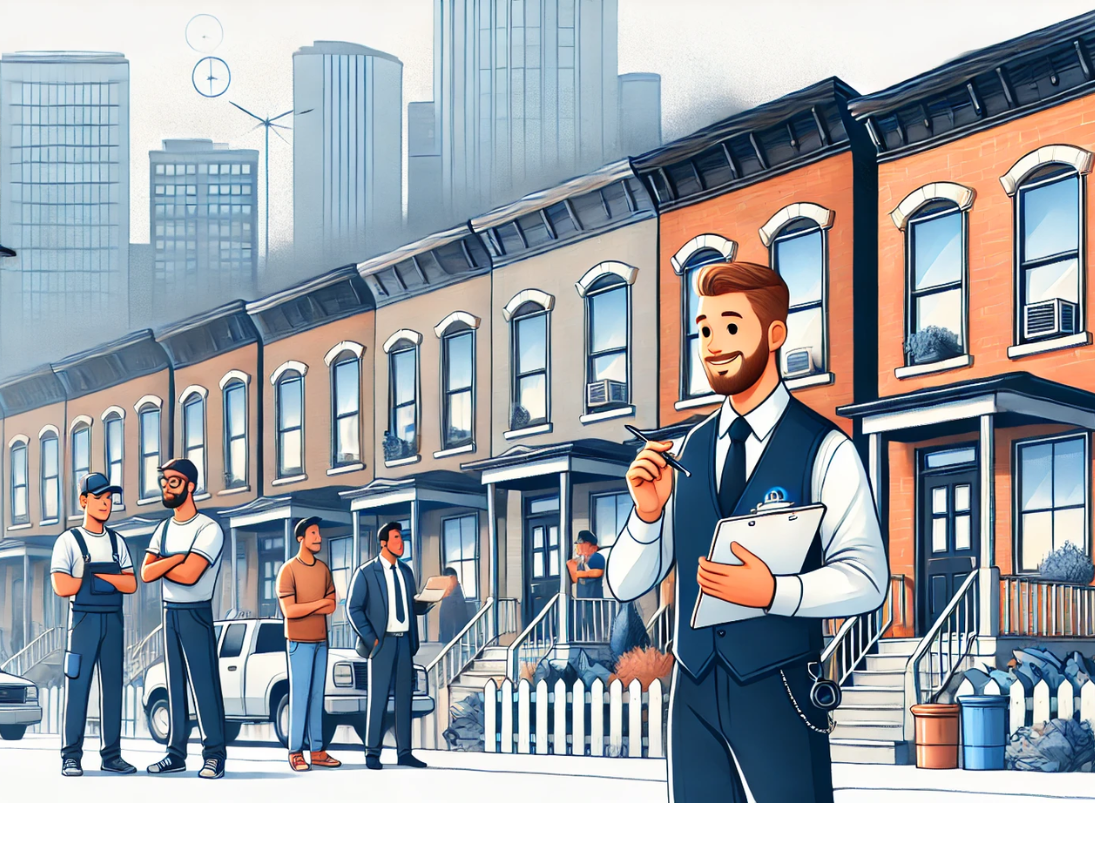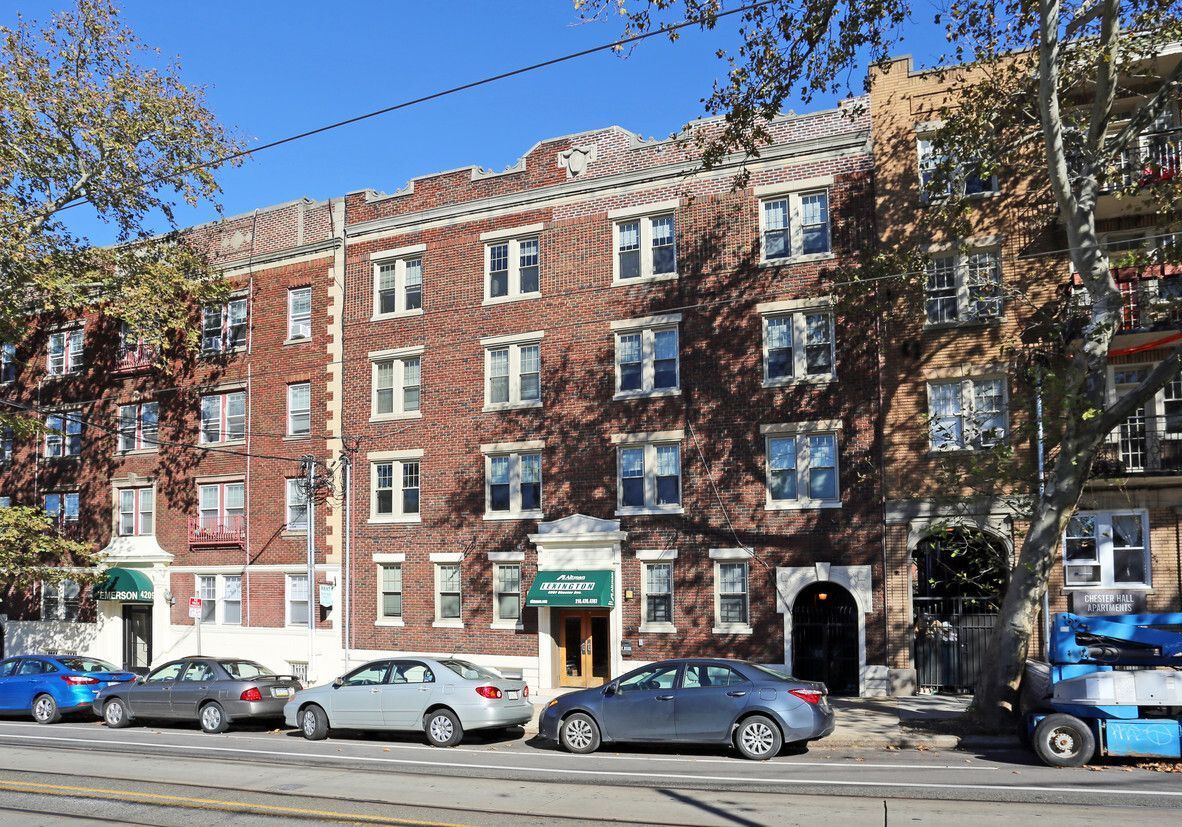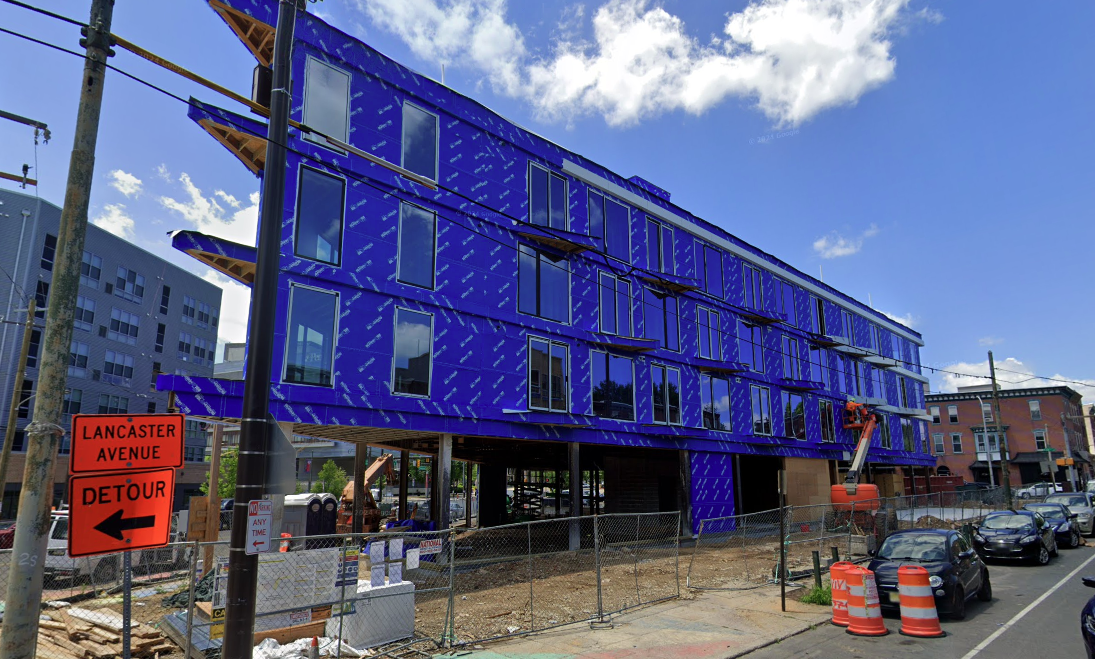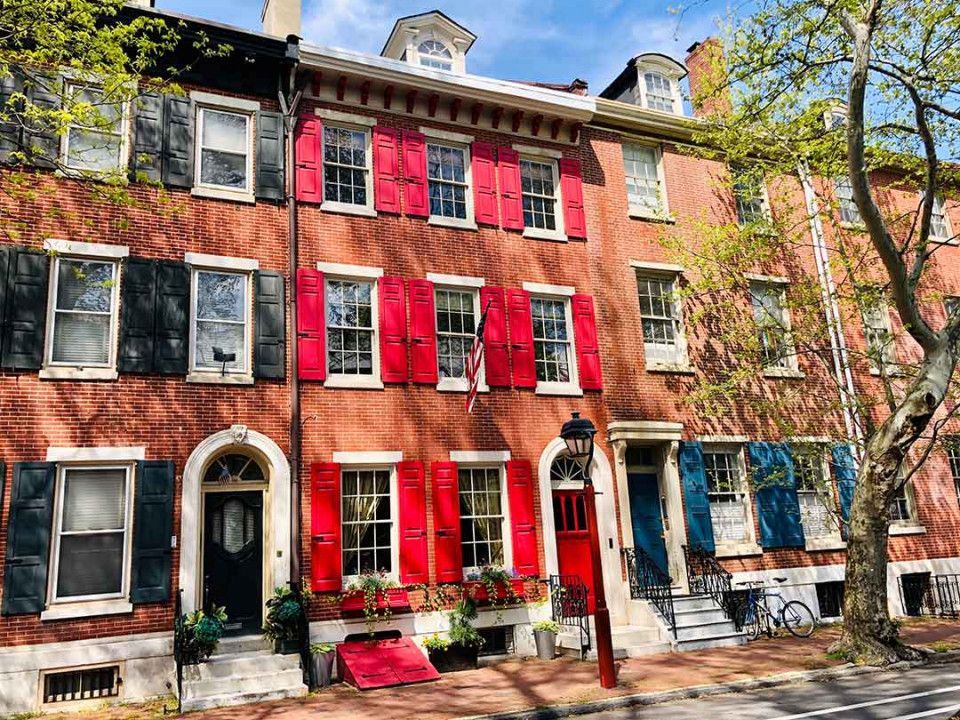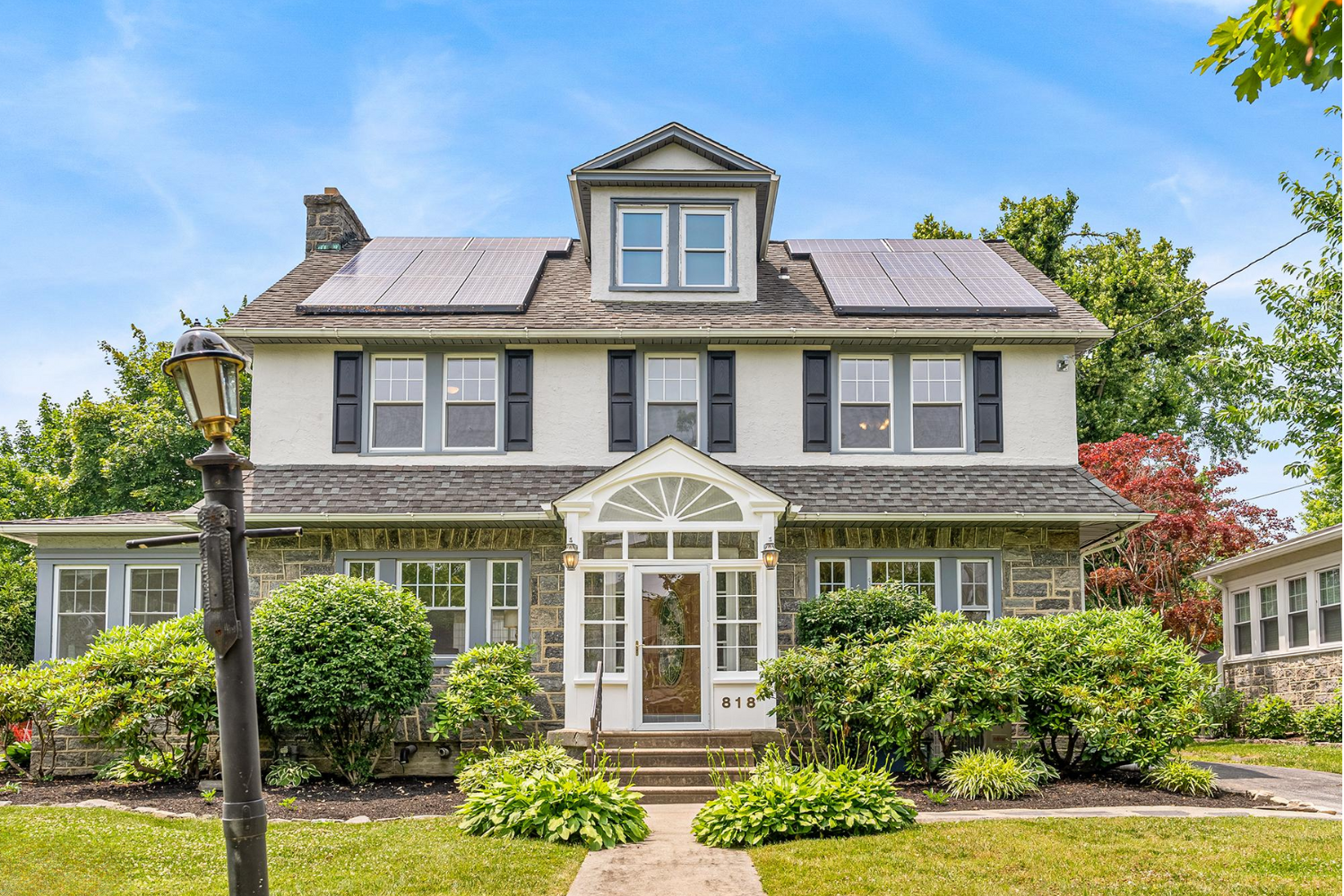Deciding whether to rent a house or an apartment is a decision that hinges on a variety of factors including lifestyle preferences, budget constraints, and long-term living arrangements. In Philadelphia, a city with a diverse range of housing options, this choice becomes particularly pronounced. The decision to opt for a home or an apartment affects daily life, financial commitments, and personal comfort. It’s important to understand the differences between renting a house and an apartment to make an informed decision.
Understanding the Housing Market in Philadelphia
Philadelphia's housing market presents a plethora of options ranging from modern high-rise apartments in bustling Center City to charming row houses in neighborhoods like Fishtown and Manayunk. Each option offers distinct advantages and challenges, shaped by factors such as location, pricing, and amenities.
Apartment Living in Philadelphia: Pros and Cons
Pros:
- Affordability:
Generally, apartments are cheaper to rent than houses. This can be particularly advantageous for singles, couples, or small families looking to save money.
- Amenities: Many apartment complexes offer amenities that houses typically do not, such as gyms, pools, laundry facilities, and 24-hour security.
- Maintenance: Maintenance responsibilities are usually minimal for renters, as landlords or property management typically handle everything from repairs and landscaping.
- Utility Costs: Apartments are often more compact and can be cheaper to heat and cool than a larger house.
Cons:
- Space Limitations:
Apartments can be restrictive in terms of space, both indoors and outdoors, which can be a significant drawback for large families or people with pets.
- Noise and Privacy: Living in close proximity to others can increase the likelihood of noise disturbances. Apartments often offer less privacy than houses due to the close quarters and shared common spaces.
- Parking: Depending on the location, parking can be limited or expensive.
House Rentals in Philadelphia: Pros and Cons
Pros:
- Space:
Houses typically provide more space—both inside and outside—than apartments, which is ideal for families, pet owners, or those who entertain frequently.
- Privacy: A house generally offers more privacy than an apartment, with fewer worries about noisy neighbors.
- Community: Houses are often located in residential neighborhoods that offer a sense of community and stability.
- Amenities: Some houses come with their own unique amenities like private yards, basements for storage, and garages.
Cons:
- Cost:
Renting a house can be more expensive than an apartment. This includes higher rent and utilities.
- Maintenance:
Renters of houses might be responsible for maintaining the yard and other aspects of the property.
- Location: Houses for rent might be located further from city centers and amenities than apartments.
Financial Considerations for Renting in Philadelphia
When deciding whether to rent a house or an apartment in Philadelphia, understanding the financial implications is critical. This decision not only affects your monthly budget but also impacts your financial flexibility and planning. Here, we delve deeper into the costs associated with each option to give a clearer financial perspective.
Budget Alignment and Monthly Costs
Apartments: Generally, apartments in Philadelphia are considered a more budget-friendly option, particularly attractive to single professionals, couples, and small families. The reasons include:
- Lower Rent:
Typically, the monthly rent for apartments, especially those outside the luxurious high-rise buildings, is more affordable than house rentals. This difference can be significant, depending on the neighborhood and apartment size.
- Utilities Included: Many apartments offer utilities included in the rent. This can cover water, trash, and sometimes even heating, which simplifies budgeting and can save money during colder months.
- Smaller Space, Lower Utility Bills: Apartments usually have a smaller footprint, which means lower costs for heating, cooling, and electricity, even if these are not included in the rent.
Houses: Renting a house often appeals to larger families or those planning a long-term stay. Financial considerations include:
- Higher Rent: Houses generally command higher monthly rents. This is due to increased space, privacy, and the additional amenities such as yards and garages.
- Higher Utility Costs:
Homes typically incur higher utility bills, including gas, electricity, water, and maintenance. These costs can fluctuate significantly with the seasons, particularly in Philadelphia’s variable climate.
- Maintenance and Upkeep: Unlike most apartments, many houses do not include maintenance in the rental agreement. Renters might be responsible for lawn care, minor repairs, and other upkeep tasks, which adds to the monthly expenditure.
Initial and Recurring Costs
Initial Costs:
- Security Deposits: Both apartments and houses usually require security deposits, but those for houses can be substantially higher. This is often equivalent to one or two months' rent, depending on the landlord's policy and the property's value.
- First Month’s Rent: Common to both apartments and houses, paying the first month’s rent upfront is standard practice.
- Application Fees:
These are more common in apartments, particularly in managed complexes. Fees cover the cost of background and credit checks.
- Advance Payments: Renters of houses may be asked to provide a larger deposit or advance payments, especially if they have pets or if the property is particularly upscale.
Recurring Costs:
- Rent Increases:
Philadelphia's rental market may experience fluctuations, and renters should anticipate potential annual increases in rent for both apartments and houses. These can be influenced by market trends, property upgrades, and changes in neighborhood desirability.
- Insurance:
Renters' insurance is generally advisable for both options but might be higher for houses due to the greater value of the property and possessions.
- Community Fees: Some residential areas, particularly those with shared amenities like parks or swimming pools, might charge additional homeowner association (HOA) fees, which is more common in house rentals.
Long-Term Financial Implications
Flexibility vs. Stability:
- Apartments
offer greater flexibility with typically shorter lease terms, which is beneficial for those who may need to move frequently for work or personal reasons. This flexibility can be a financial advantage if relocation is necessary or if personal circumstances change.
- Houses
provide more stability, which is ideal for families looking to establish roots in a community. Longer lease terms and the potential for rent-to-own agreements can offer a pathway to homeownership, which is financially beneficial in the long term.
Lifestyle Implications
Choosing between an apartment and a house significantly impacts one's lifestyle. Apartments in lively urban areas can enhance social life and reduce commute times, which is a boon for young professionals. Conversely, houses are often more suited to families or those who appreciate a quieter, more settled environment.
Long-Term Perspectives
Renting a house may offer the opportunity to transition to homeownership through rent-to-own arrangements, appealing to those considering purchasing in the future. Apartments, while less likely to offer this pathway, provide greater flexibility, allowing renters to move swiftly should their circumstances change.
Whether to rent a house or an apartment boils down to individual needs, financial capacity, and lifestyle preferences. Apartments offer convenience and a bounty of amenities but may come with higher costs and less privacy. Houses provide more space and flexibility but often at a higher price and with more maintenance responsibilities. Potential renters should consider their priorities and consult widely to make the best choice for their living situation, balancing the pros and cons of each option against their personal and financial circumstances. The decision profoundly impacts daily living and financial health, making it crucial to approach with careful consideration.
Contact New Age Realty Group to help you with all your real estate needs! For our current rentals, click
here.

